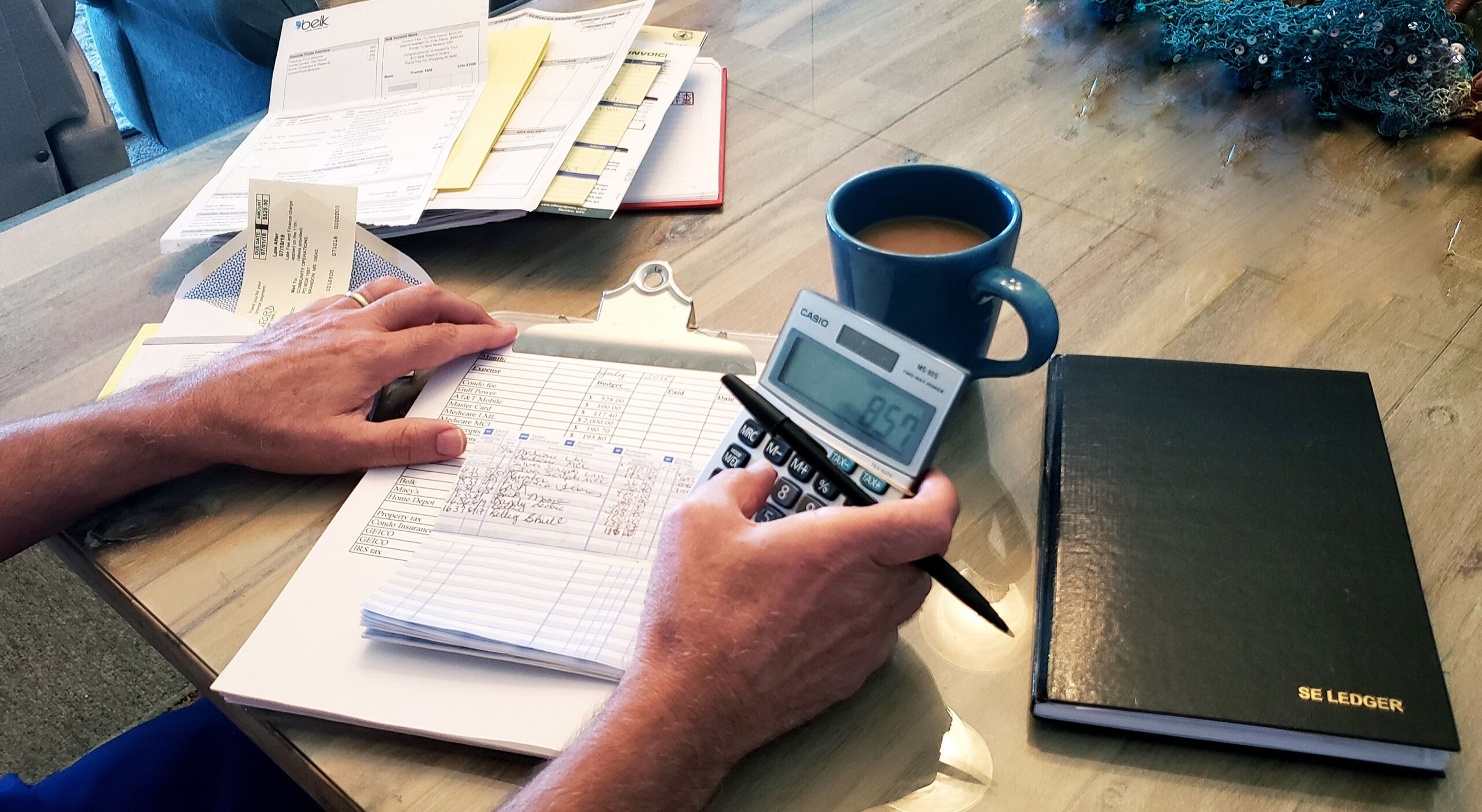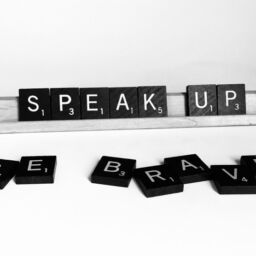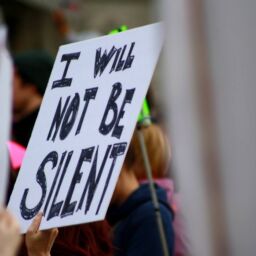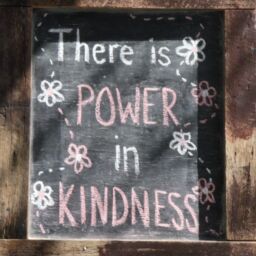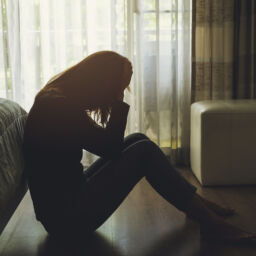- No products in the cart.
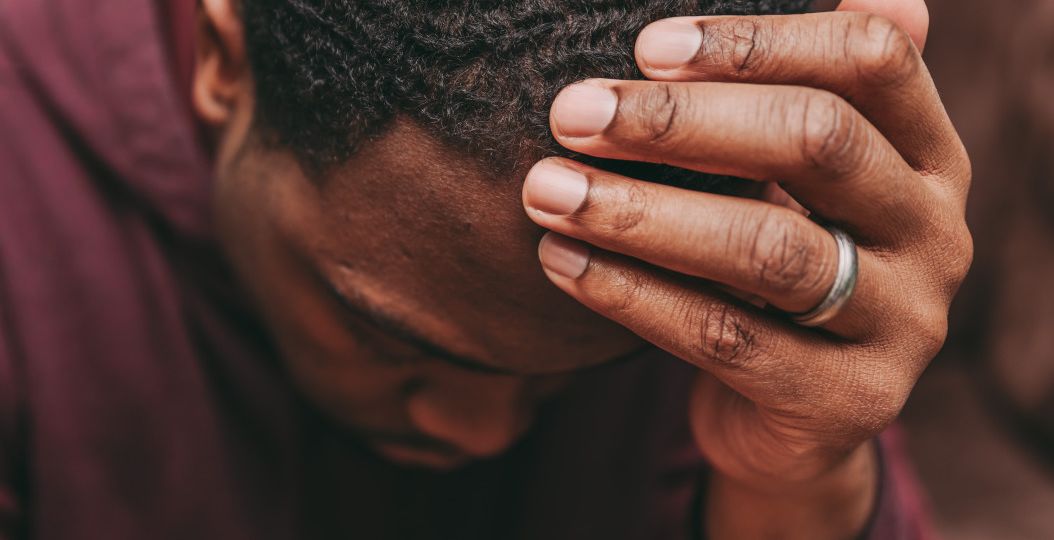
Abuse Against Men
by Rashmi Negi
We live in a society where young boys are taught not to express emotions and may often feel discouraged to share whatever they are going through in their lives. People commonly talk about women’s abuse but remain hushed when it comes to men. It may happen more often than you expect in heterosexual and same-sex relationships, irrespective of culture, age, or occupation. Usually, it is not talked about because they are embarrassed by it. They may be afraid to report and think nobody would believe them or their partner would take revenge (HelpGuide). Research suggests that men experience intimate partner violence, sexual violence, and stalking. Did you know most victimizations first occur before the age of 25, and many experience violence even before 18? (WebMD).
Domestic Violence
At the beginning of the relationship, it might not be easy to figure out if you are being abused. Abuse can be verbal, emotional, physical, and sexual, with the high possibility of turning a blind eye toward any red flags in the relationship. You might be experiencing abuse if your partner:
· Puts you down in any way
· Calls you bad names
· Puts restrictions on you by limiting contact with your family or friends
· Tries to make decisions on your behalf, such as how to spend money
· Acts violently when angry and hits, slaps, kicks, chokes, or uses other ways to take control of the situation
· Blames you for their violent behavior
· Pushes themself on you for sex or other sexual acts
· Is possessive and constantly blames you for everything
· Behaves erratically when they consume drugs and alcohol
· Tries to overpower you
Things may even get worse if you are gay, bisexual, or transgender, and your partner may threaten you over disclosing your sexual orientation to your friends, family, community members, and colleagues. Your partner may even try to justify that “real men are naturally aggressive.” Your partner might try to make you feel alone and vulnerable with no help to reach out to and state that police will not believe what you say or do. They may make you think the worst and put you in a difficult situation to get out from.
Things You Can Do
The first step is to get help regardless of the situation; you may call the National Domestic Violence Hotline (NDVH) at 800.799.7233. The NDVH will listen to your situation and help you understand that you are not at fault and abuse is unacceptable. It is time to stop blaming yourself for everything wrong.
You should try your best not to provoke your abuser and document the abuse as much as possible. Take pictures of any abuse and document as many details as possible. File a police complaint and get a copy of it. Then work with an advocate from the Domestic Violence program to get a restraining order (WebMD). Please, consider talking to a therapist or close friend to help you recover emotionally and mentally. It is never too late to start your healing journey!
We at ARO bring awareness and education to ten different types of abuse, including Domestic Abuse, and help others heal. We are here to support you in your personal healing journey to complete wellbeing.
If you would like to learn more and donate to help others find refuge, please visit GoARO.org.
Reference
HelpGuide (n.d). Help for men who are being abused. Retrieved from https://www.helpguide.org/articles/abuse/help-for-men-who-are-being-abused.htm
WebMD. (n.d.). Help for battered men. Retrieved from https://www.webmd.com/balance/features/help-for-battered-men


